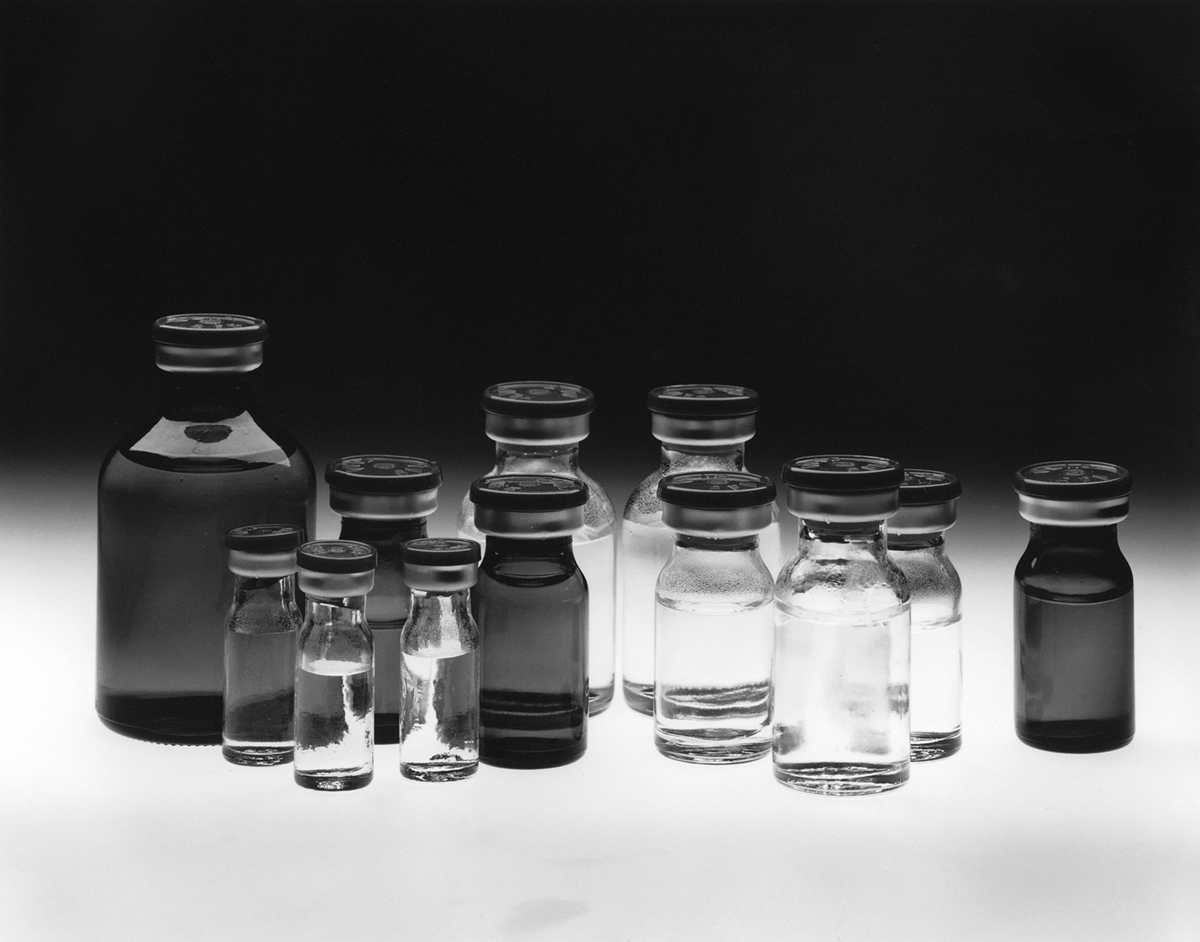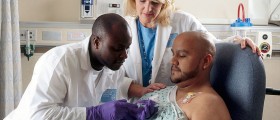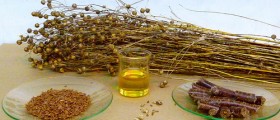
Chemo therapy for esophageal cancer
Some of the first things that come into mind when chemotherapy is mentioned are hair loss, the feeling of weakness and vomiting. Even though these side effects occur in almost every patient, the benefits of chemotherapy in the treatment of esophageal cancer are plenty. In addition to that, these side effects can all be relieved with proper medications and certain other therapies.Chemotherapy is a process where the patient is given anti-cancer medications which can be taken either orally in form of pills or intravenously. A person will not receive chemotherapy every single day but a couple of times during a week, for a period of a few weeks. Not every person can be treated with chemotherapy. Certain factors like the stage of the cancer, the goal of the therapy and the general health of the patient will determine the type of treatment. Chemotherapy is rarely administrated alone. Most patients receive chemotherapy along with radiation therapy or surgery or both. Chemotherapy is combined with surgery in most situations. When it is administrated before the surgical procedure its goal is to reduce the size of the tumor and when it is given after it the goal of chemotherapy is to aid in getting rid of any cancer cells that might have remained after the surgery. Chemotherapy is excellent for the lessening of discomfort that occurs due to the tumor. This type of treatment makes swallowing a little bit less of a problem.
Chemotherapy may provide a certain amount of side effects in a patient. They all provide discomfort but not all of them are experienced by every patient. In addition to nausea and vomiting, a person may suffer from hair loss, fatigue, loss of appetite, increased risk of infection and mouth sores. The good thing is that none of the side effects remains after the treatment has finished. Alost every side effect can be managed and that is why talking to the doctor is essential.Soft diet during the treatment
A proper diet is a significant part of the treatment for the esophageal cancer. It is vital that the patient does not stop eating and continues to intake all the needed nutrients. However, as esophageal cancer makes it hard for a person to swallow, he or she will need to be on a special diet and intake foods that are easy to swallow.Food is vital as the esophageal cancer patient needs it for the energy. Maintaining a healthy body weighs is just as important. The good thing is that almost all of the symptoms that make it difficult for a person to swallow will lessen once the treatment of the cancer has started. A lot of experts advise those patients who experience problems with maintaining health to start taking oral nutritional supplementation or liquid nutritional supplementation. Using any of these will make the problem of maintaining weight a lot less troublesome.
Soft foods are a very popular choice for esophageal cancer patients as they do not provide any problems when they are being swallowed. Foods like pudding, yogurt, ice cream, bananas, pastas, smoothies and other foods that are easy to swallow should be the first option for the patients. Liquid foods in form of soups, broths and various liquid nutritional supplement drinks are excellent because not only are they are easy to get down but also supply the much needed nutrients.Some foods are good for the patient but are not easily swallowed when they are in their natural state. Fruits, vegetables, beans and almost every type of meat can be prepared in a way in which the patient will be able to swallow them. All of these foods can be mashed or pureed and then mixed with either broth or water in order to be swallowed with even more ease. Water and broth are mainly used for the foods to become even thinner.
An esophageal cancer patient should avoid frying the food. Instead, he or she should steam the food and bake, broil or grill it. Unhealthy oils should also be avoided. Microwaving the foods is a good option as well.
















Your thoughts on this
Loading...